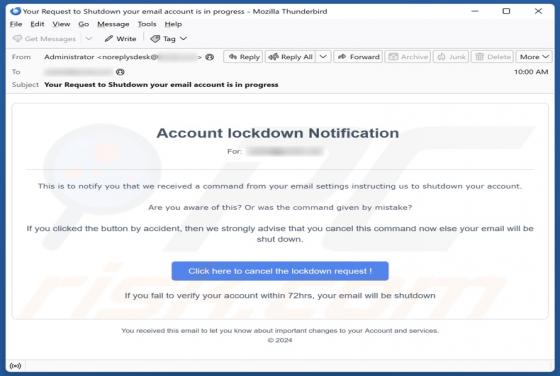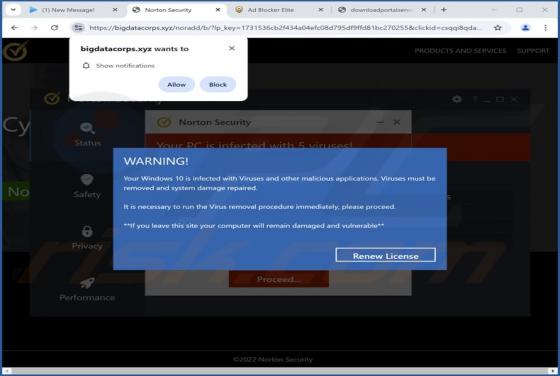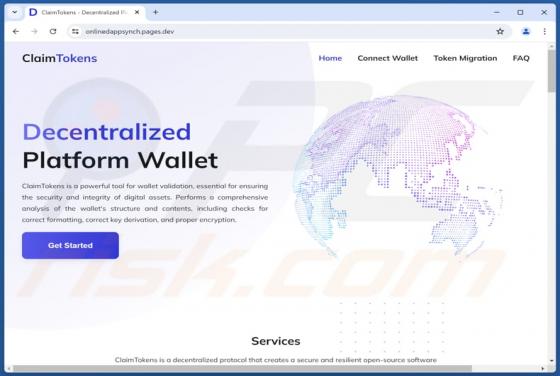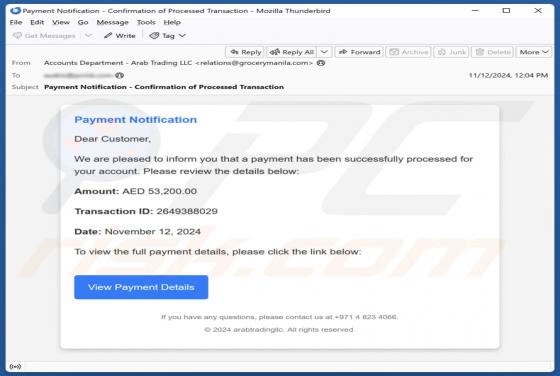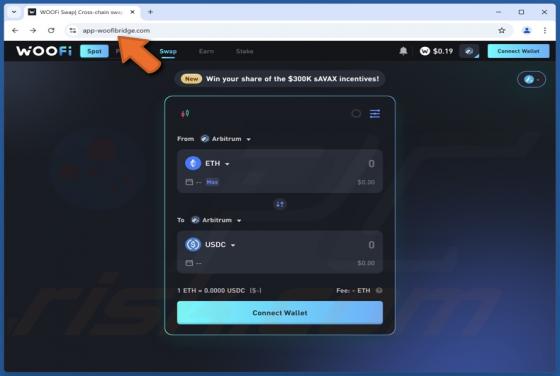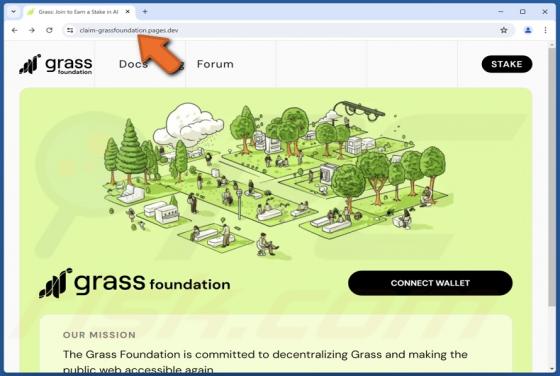
$AVAIL Airdrop Scam
Our researchers discovered this fake "$AVAIL Airdrop" on sign-in-availproject.pages[.]dev (but it could be hosted elsewhere). This page imitates the Avail platform (availproject.org). It entices users with a promise of an AVAIL token airdrop. This scam aims to deceive users into exposing their di

